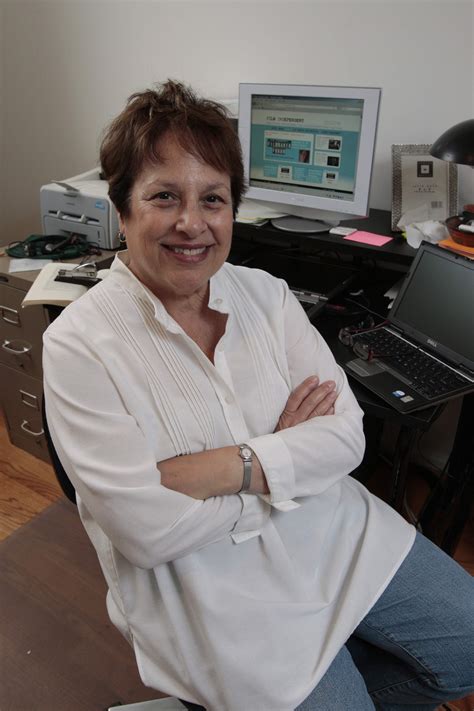A Quote by John Grisham
I love piecing together intricate thoughts that people find compulsively readable and they can't put down.
Related Quotes
I did get tired of hearing that criticism years ago. That is not a compliment. Being labeled a "beach read" is a put-down. So, I did deliberately set out to write a book, Camino Island, that would be very entertaining and compulsively readable and we published it on June 6 in time for summer vacation, hoping that people would buy it and take it to the beach.
You know what I find amazing is within Christianity it is not uncommon to find [married] people who don't have sexual intimacy, don't have emotional intimacy, don't have spiritual intimacy, don't pray together, don't do their life together, don't put their schedules together, don't put their budgets together, but they don't get divorced. So they can pat themselves on the back and say, 'We're good Christians.' They're divorced in everything but the paperwork.
The Restless Anthropologist is a rich, powerful, and compulsively readable collection of essays by anthropologists who look back at the multiple relationships between their serial fieldwork experiences and their lives. Illustrating the dense interweaving of the personal and the professional that is the hallmark of anthropology as a vocation, these essays are at once affectively deep reflections, and clear-eyed assessments, of lives often lived 'between here and there.' Alma Gottlieb's idea to stimulate these articles and bring together this collection was inspired.
I believe that with the advent of acid, we discovered a new way to think, and it has to do with piecing together new thoughts in your mind. Why is it that people think it's so evil ? What is it about it that scares people so deeply, even the guy that invented it, what is it ? Because they're afraid that there's more to reality than they have confronted. That there are doors that they're afraid to go in, and they don't want us to go in there either, because if we go in we might learn something that they don't know. And that makes us a little out of their control.






































